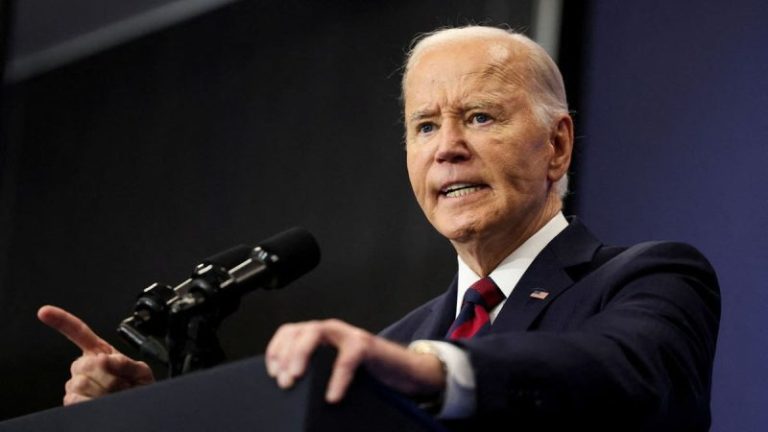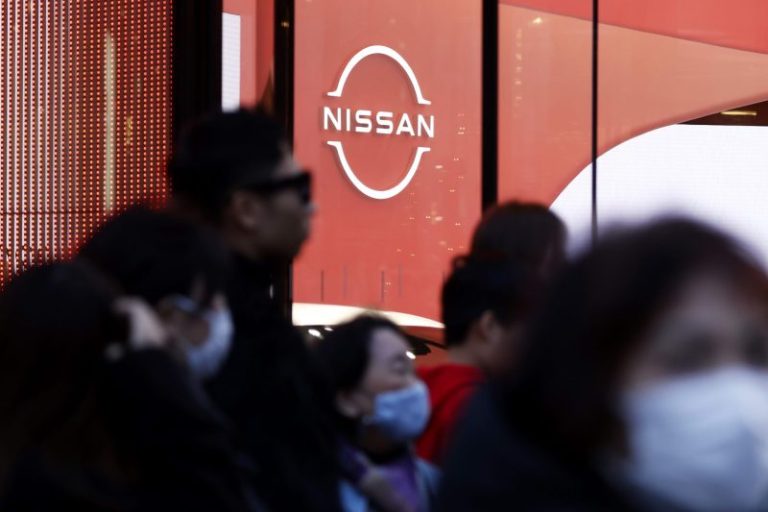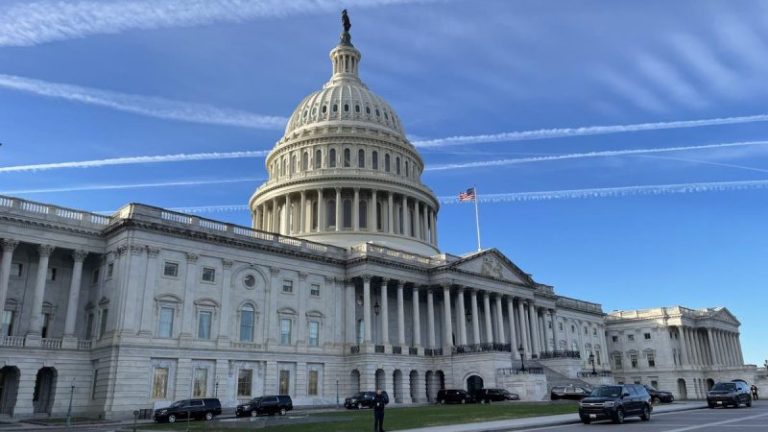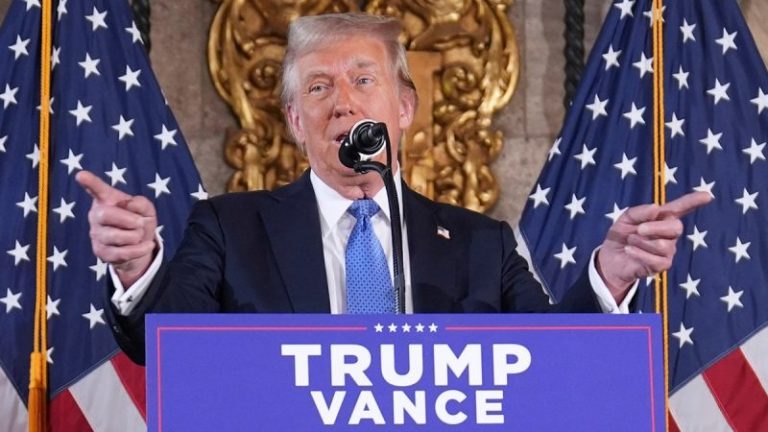We are in the midst of an artificial intelligence (AI)-driven industrial revolution. From self-driving cars to medical diagnostics to next-generation defense and homeland security capabilities, AI is reshaping nearly every industry.
As the U.S. races to maintain its global leadership in AI, much of the conversation revolves around natural language processing, the reshoring of the semiconductor supply chain and powering data centers. One critical component, however, remains largely overlooked: data storage — and the hard drives they contain that make scalable AI advancements possible.
In the AI era, data is everything. Massive datasets fuel the systems that predict disease outbreaks, manage supply chains, detect fraud and empower our armed forces. According to Goldman Sachs, AI is poised to drive a 160% increase in data center demand by 2030. Without a scalable, resilient data storage sector, even the most advanced AI models will prove useless. The U.S. cannot afford to treat data storage as an afterthought.
It is clear that data storage needed for scaling AI applications requires storage solutions equal to the vast explosion of data they generate. This is where hard drives excel. Hard drives, which store more than 90% of data in cloud data centers, are not only essential for managing data at scale but also play a critical role in maintaining the integrity of the data informing AI models, a cornerstone of Trustworthy AI.
This reliance on robust data storage becomes especially clear in sectors where AI tools are being rapidly deployed.
The defense and homeland security sectors rely on data-intensive AI systems to make real-time decisions in life and death situations. Satellite data and surveillance feeds require massive storage capacity, and our military’s integration of AI depends on reliable and secure high-capacity hard drives. An inadequate storage infrastructure doesn’t just slow things down — it can impact mission readiness and execution, particularly as we deploy new technologies like drones that are data-dependent used to both protect the homeland and advance security interests overseas.
The private sector’s demand for data storage is also skyrocketing as AI transforms operations. Financial firms leverage AI to analyze markets and manage risk, media companies personalize streaming services, the agriculture industry optimizes crop yields through AI-driven insights, and companies manufacturing hard drives deploy AI at scale in factories to optimize and increase production by diagnosing and correcting defects in real-time. Across industries, the need for reliable storage has never been more urgent.
The U.S. must act now to secure its leadership in data storage technology. The goal should be to avoid a repeat of the semiconductor crisis — where a lack of domestic production led to urgent, costly reshoring efforts in the form of the $52 billion Chips and Science Act.
Just as chips power AI processing, hard drives provide the backbone for data storage, making them equally indispensable. By investing in and supporting the hard drive industry now, the U.S. can secure a stable foundation for AI growth and mitigate future supply chain vulnerabilities.
The U.S. government has recently initiated steps to secure this foundation but more needs to be done. A recent White House memorandum acknowledges the importance of a robust AI ecosystem and the need to bolster the private sector’s competitive advantages, from access to chips to availability of capital and computational resources.
A key area of advantage that must be maintained is the data storage industry, with the largest companies in the field driving innovation and advancing technology leadership in the U.S. and like-minded countries. As China continues to invest huge sums into data processing and storage technologies, it is imperative that the U.S. understands and supports this unique capability that is the backbone of the cloud and emerging technologies, including AI.
The defense and homeland security sectors rely on data-intensive AI systems to make real-time decisions in life and death situations. Satellite data and surveillance feeds require massive storage capacity, and our military’s integration of AI depends on reliable and secure high-capacity hard drives.
To maintain our edge, the U.S. government must consider hard drives and data storage technology as essential components in the broader critical technology ecosystem. Government incentives, future or existing, should be available for hard drive manufacturers to expand domestic capacity, strengthen supply chain resilience and encourage long-term storage and retention policies that contribute to AI trustworthiness.
Government agencies should also establish regular dialogue with industry leaders to ensure clear, aligned strategies for fostering a robust data storage sector. Much like the public support provided for the semiconductor industry, hard drive manufacturing deserves recognition and prioritization as a strategic industry essential for driving cutting-edge innovation.
As America charts its path in the AI-era, it must prioritize the infrastructure that underpins it. By recognizing and investing in this critical sector, the U.S. can build a resilient, scalable data storage backbone that advances national security, economic growth, and technological supremacy.










